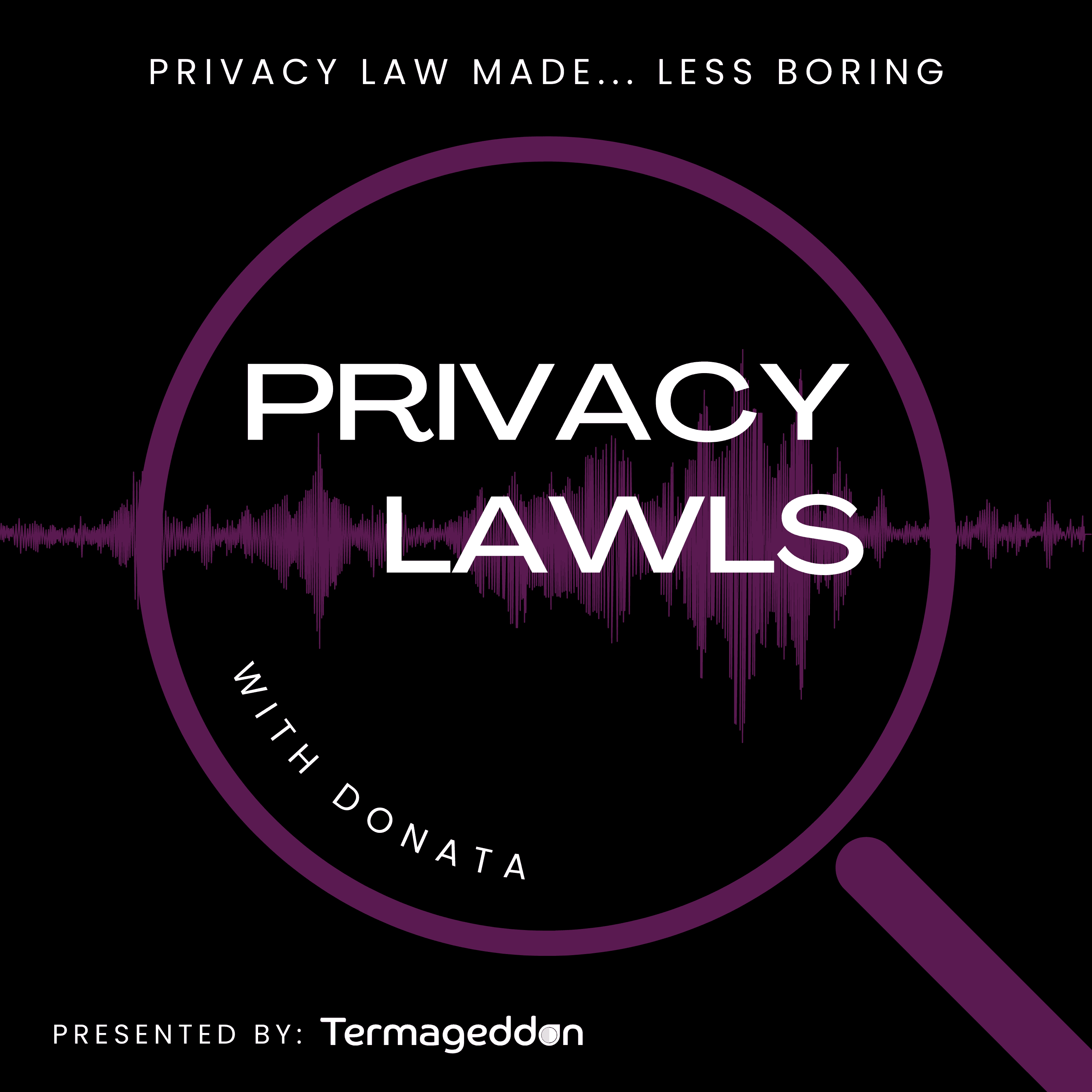Privacy Lawls with Donata
Ep. 10 | Can you trust healthcare apps with your data? (Guest: Helen Oscislawski)

Search the Site
Popular Articles
Browse by Category
Subscribe for Updates
Privacy Lawls with Donata
